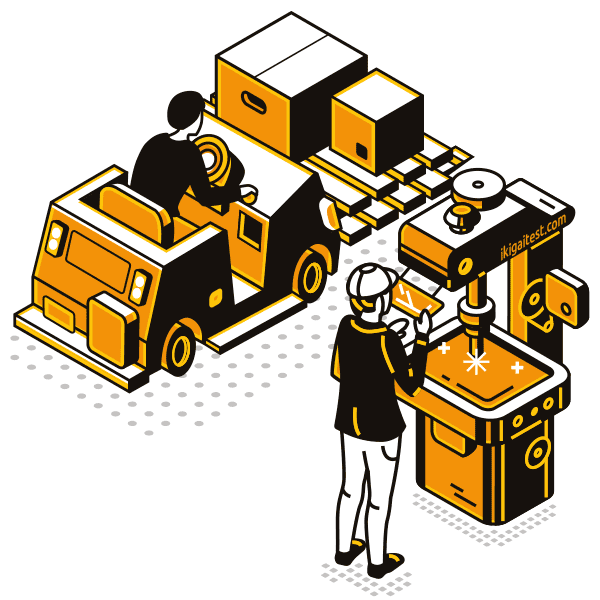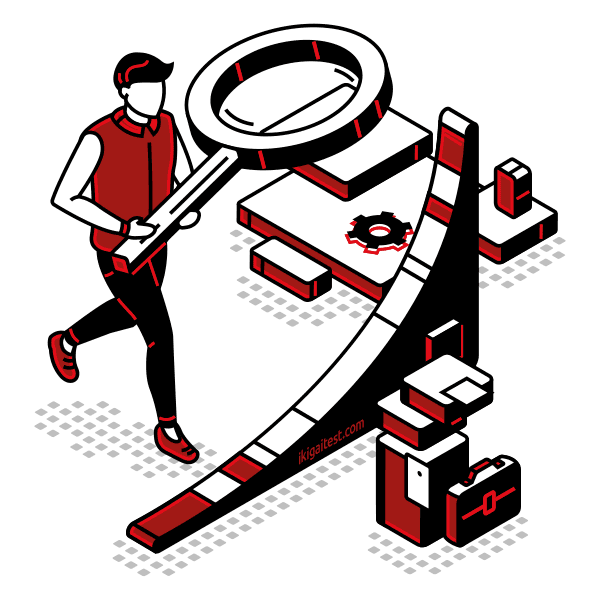Operator

Operators are expected to be good at:
- Using either control mechanisms or direct physical activity to operate manufacturing systems.
- Working with hand operated industrial machines and power tools.
- Adjusting knobs, levers, and physical or touch sensitive buttons in industrial devices.
- Running, maneuvering, navigating, or driving vehicles or mechanized equipment, such as forklifts, passenger vehicles, aircraft, or watercraft.
Inspector

Inspectors should be great at:
- Estimating sizes, distances, and quantities; or determining time, costs, resources, or materials needed to perform a work activity.
- Observing, receiving, and otherwise obtaining information from all relevant sources.
- Identifying information by categorizing, estimating, recognizing differences or similarities, and detecting changes in circumstances or events.
- Inspecting equipment, structures, or materials to identify the cause of errors or other problems or defects.
Other work activities related to Rail yard engineers, operators, and drivers
- Conferring with conductors and other workers via radiotelephones or computers for exchanging switching information.
- Signaling crew members for movement of engines or trains, using lanterns, hand signals, radios, or telephones.
- Observing and responding to wayside and cab signals, including color light signals, positioning signals, torpedoes, flags, and hot box detectors.
- Driving engines within railroad yards or other establishments for coupling, uncoupling, or switching railroad cars.
- Inspecting engines before and after usage for ensuring proper operation.
- Applying and releasing hand brakes.
- Reading switching instructions and daily car schedules for determining working to be performed, or receiving orders from yard conductors.
- Inspecting the conditions of stationary trains, rolling stocks, and equipment.
- Observing water levels and oil, air, and steam pressure gauges for ensuring proper operation of equipment.
- Spot cars for loading and unloading at customer locations.







